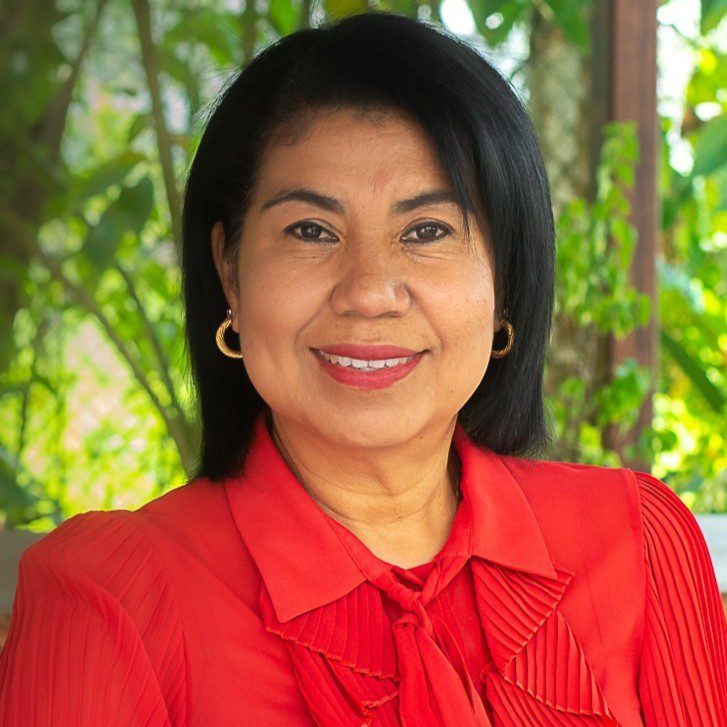PARAMARIBO, SURINAME – In an exclusive interview with OilNOW, local content specialist Anne-Rita Wijdh offered her perspective on Suriname’s rapidly developing local content framework.
Wijdh,who has been closely involved in discussions around Suriname’s developing local content framework and has collaborated extensively with international companies, said Suriname is entering a critical stage in its development journey.
For Wijdh, the starting point is clear: children and education. “The future of Suriname is our children,” she said. “A lot of children are not attending school, and we do not have a system to monitor that. Government needs to find these children and bring them back to school.”
She stated that many young people drop out due to financial hardship. “We need to support them. We need to motivate them. They are the ones who will build this country.”
She is also clear about Suriname’s preparedness: “At the moment, we are not ready.” Gaps in certification, service levels, skills, tender transparency and administrative processes still limit participation.
A major missing piece is clarity on what the baseline is for “local”. Wijdh says Suriname’s small population means the system must be inclusive.
She believes Suriname should classify rather than exclude people – those born in Suriname with Surinamese passports, those born in Suriname with foreign passports, people abroad with Surinamese parents, and long-term foreign residents who live and pay taxes here – because the population is too small to limit participation.
“We need to include everyone,” she said.
On public trust, Wijdh said Staatsolie must take a more visible role in supporting local businesses. Many citizens, she noted, see the company as an “elite group” that is not close enough to the people. “You cannot have a situation where the people feel excluded. Staatsolie, as a state-owned company, should be the one protecting Surinamese rights.”
Wijdh also highlighted a wage-equity issue she encountered in her work with Staatsolie. As a Surinamese consultant with international qualifications, she was offered significantly less than a foreign professional would have received for the same work. “This is where local content starts,” she stressed. “Why would you pay your own people less than foreigners?
Although international oil companies are taking an active role in supplier engagement and social responsibility, Wijdh said they are not ultimately responsible for securing long-term opportunities for local businesses.
“In fact, it’s not Total’s responsibility,” she said. “They will do it because of their reputation, but Staatsolie, as a state-owned company, must ensure rights and opportunities are protected for Surinamese citizens.” She urges stronger outreach: “You need to include everyone. People must feel part of the process if local content is to be a success.”
She compared this with Guyana’s public tender app, which publishes all tenders and opportunities for everyone to see. “No one can say they were left out,” she said, calling on Suriname to adopt similar systems. She also welcomed the cancellation of the ‘Royalties for Everyone’ program, saying: “You cannot start giving out money you don’t have yet.”
A key part of the solution, she said, is regional cooperation. “Brazil is very advanced in technology, agriculture, tourism; Trinidad has decades of experience; and Guyana is ahead of us on certain things,” she noted. French Guiana also offers knowledge and technical capacity. “We need all of our neighboring countries to assist us,” she said.
Wijdh expects the local content roadmap and legislation to be implemented “before the end of Q1 next year,” giving citizens, companies and investors the clarity they need. She also emphasized that Suriname must diversify into sectors like tourism to support the wider economy.
“There is so much potential, but we need everyone on board. Only then will local content truly succeed,” she said.



